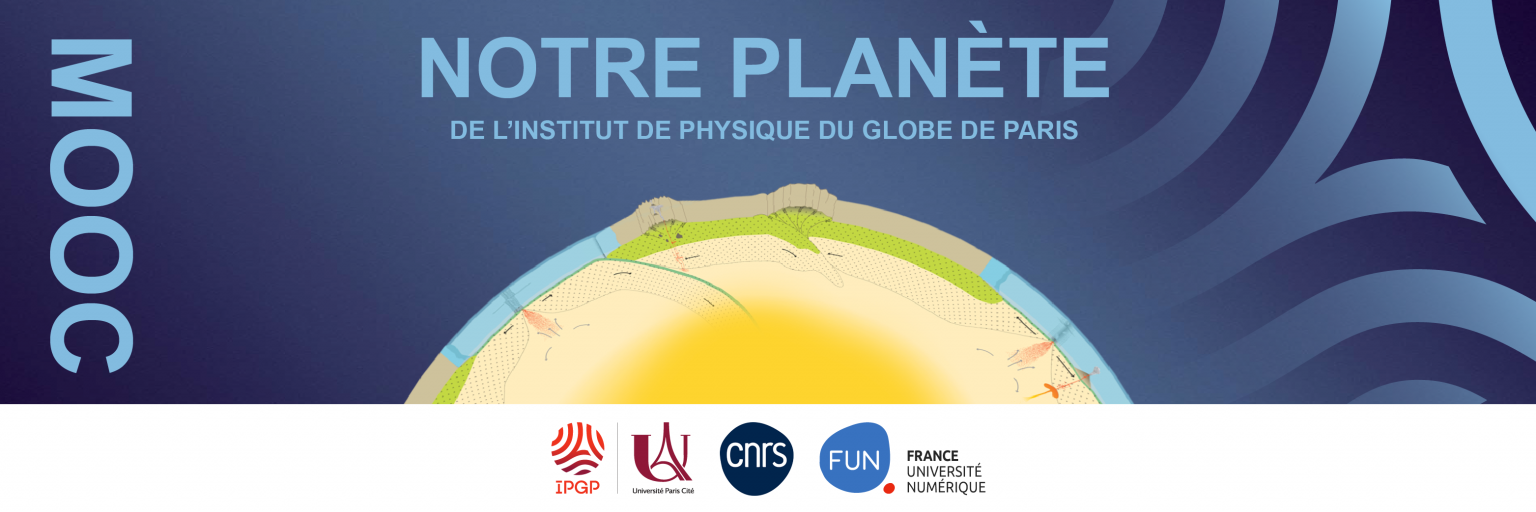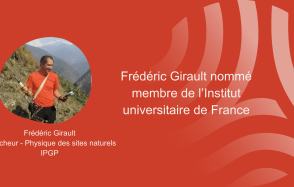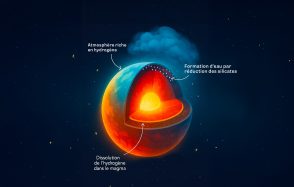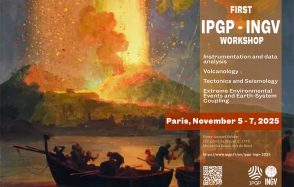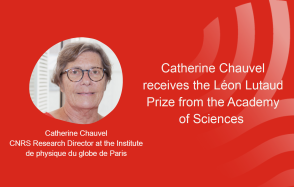Subscribe to “Our Planet”
This MOOC proposed by a team from the Institut de Physique du Globe de Paris is aimed at anyone interested in Earth sciences and wishing to deepen their knowledge and understanding of the planet we live on! Registrations open until July 1st!
Latest news





